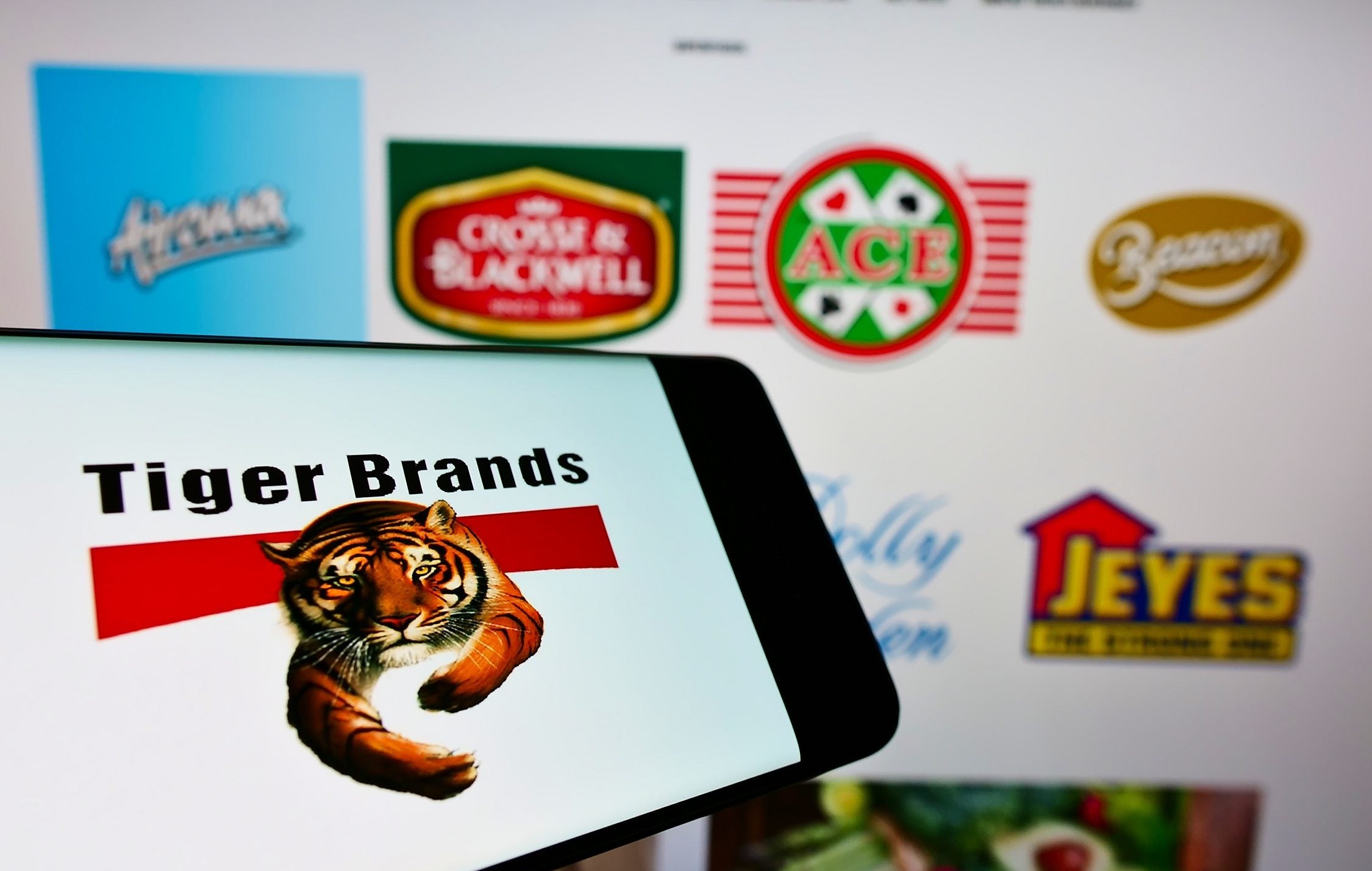
Tiger Brands has failed to find a buyer for the group’s deciduous fruits arm, putting the future of the Langeberg and Ashton Foods business in doubt.
The South African company, which has sold off other assets in recent years, launched a review of the fruits business in 2020 and hired advisers to work on a possible sale.

Discover B2B Marketing That Performs
Combine business intelligence and editorial excellence to reach engaged professionals across 36 leading media platforms.
Two years on, 250 full-time employees could potentially now lose their jobs, staff numbers that were confirmed by a Tiger Brands spokesperson, who said around 4,300 seasonal workers are normally taken on during the three-week apricot harvesting and processing season.
In a statement provided to Just Food, publicly-listed Tiger Brands said it has “embarked on a consultation process with permanent and seasonal employees, in line with the Labour Relations Act 1995, on the future of its deciduous fruit business Langeberg and Ashton Foods”.
Tiger Brands expects the consultation process to last no more than 60 days, when the company will be able to “communicate the outcome and the way forward”.
The Albany bakery and Cresta rice brands owner added: “This follows the end of an exhaustive process to find a buyer for the L&AF business by way of an extensive, professionally managed, local and global search, in which interested parties were unable to secure the required funding to meet the business’ working capital requirements.”

US Tariffs are shifting - will you react or anticipate?
Don’t let policy changes catch you off guard. Stay proactive with real-time data and expert analysis.
By GlobalDataTiger Brands said it had received a non-binding offer in October 2020 from the Growers Consortium, which needed to “secure funding” to acquire Langeberg and Ashton Foods by a deadline of 31 March this year.
However, the Beacon confectionery supplier said: “As at the date of commencement of the consultation process in June 2022, the Growers Consortium have still not been able to show or present to Tiger Brands any commitment of funding in support of their non-binding indicative offer so as to be able to operate the L&AF business as a going concern.”
Western Cape-based Langeberg and Ashton Foods falls into Tiger Brands’ export and international division. The assets sit alongside consumer goods, grains, and home and personal care. Langeberg and Ashton Foods produces canned fruit and fruit purees mainly for Europe, China, Australia and Japan.
Tiger Brands generated group revenues in the year to 30 September of ZAR31bn (US$1.9bn), relatively flat with the ZAR29.8bn in the previous 12 months. International and exports contributed ZAR3.6bn, the smallest component.
Grains and consumer goods, including grocery, are Tiger Brands’ largest revenue earners with ZAR14.6bn and ZAR11.1bn, respectively, last year. Home and personal care provided ZAR2bn to the group.
Tiger added: “In a parallel process, the company is also engaging with relevant provincial and national government departments in attempts to explore available and sustainable commercial solutions to protect the South African deciduous fruit canning industry and support the growers.”
On the future of Langeberg and Ashton Foods assets, South Africa’s agri industry body said “few people realise the real impact that this decision would have on the community, producers, the industry and agro-processing in the Western Cape”.
It added: “Agri SA is concerned that the closure of the factory would be a socio-economic disaster for the region, with ripple effects throughout the value chain. It is essential that Tiger Brands comes to the negotiating table with the producers and workers at its factory to find the best possible solution for all the affected stakeholders.”
However, Tiger acknowledged “the consultation process underway is a consequence of there being no viable disposal option”.




